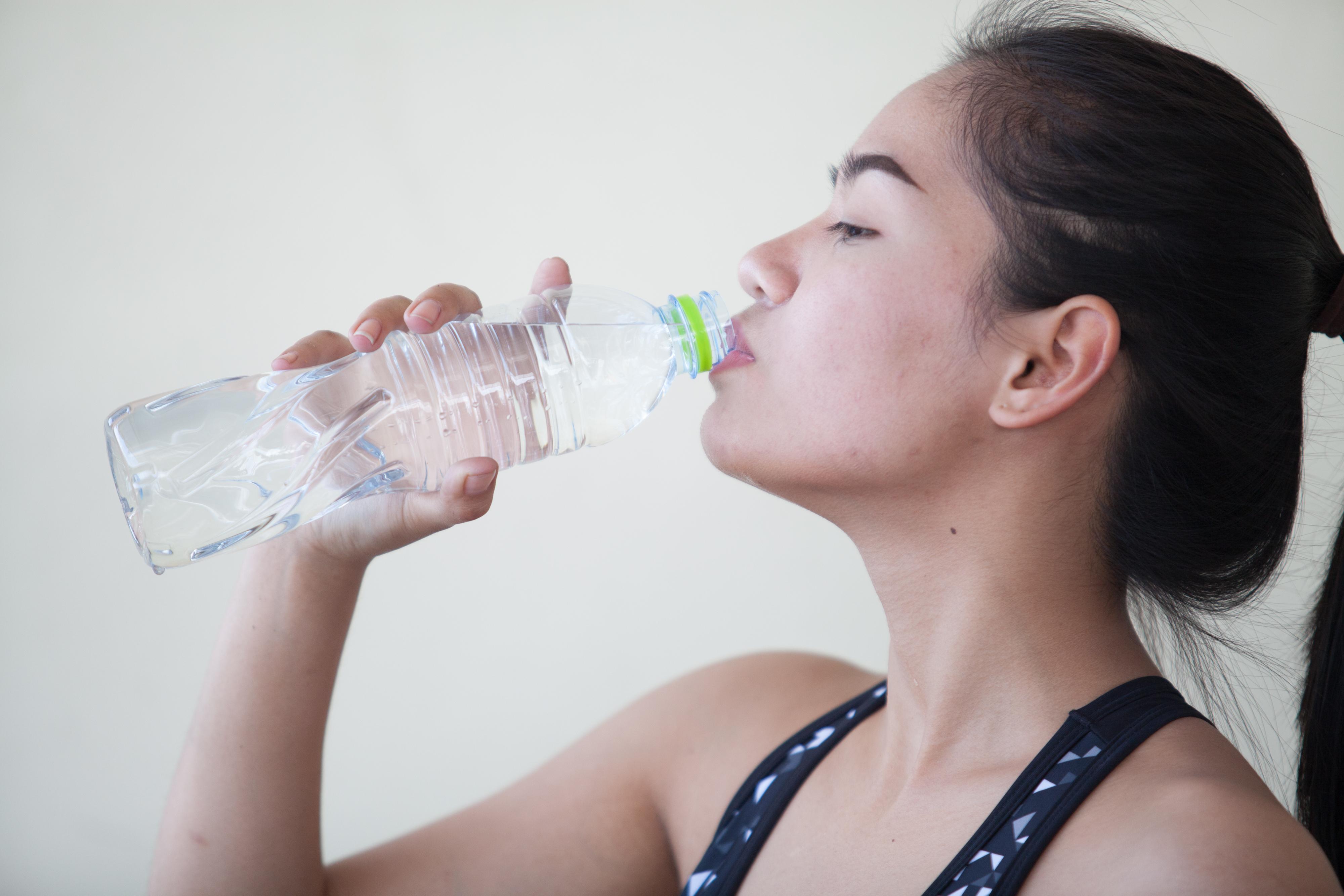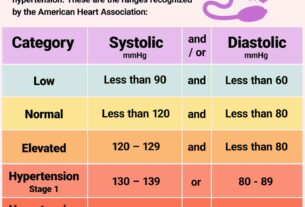A condition that occurs when the body loses too much water and other fluids that it needs to work normally.
Dehydration occurs when you use or lose more fluid than you take in, and your body doesn’t have enough water and other fluids to carry out its normal functions. If you don’t replace lost fluids, you will get dehydrated.Anyone may become dehydrated, but the condition is especially dangerous for young children and older adults.The most common cause of dehydration in young children is severe diarrhea and vomiting. Older adults naturally have a lower volume of water in their bodies, and may have conditions or take medications that increase the risk of dehydration.
This means that even minor illnesses, such as infections affecting the lungs or bladder, can result in dehydration in older adults.Dehydration also can occur in any age group if you don’t drink enough water during hot weather — especially if you are exercising vigorously.You can usually reverse mild to moderate dehydration by drinking more fluids, but severe dehydration needs immediate medical treatment.
Causes of Dehydration:
Dehydration can occur when your body loses more fluid than it takes in, or when you don’t drink enough fluids:
- Sweating: Sweating too much, especially in hot weather, can lead to dehydration.
- Vomiting and diarrhea: Vomiting and diarrhea can cause you to lose a lot of fluids.
- Fever: A fever can increase your risk of dehydration and worsen its symptoms.
- Urinating too much: Certain medications, like diuretics, and uncontrolled diabetes can cause you to urinate more than usual.
- Alcohol: Alcohol is a diuretic, which means it removes water from your body.
- Climate: The climate can contribute to dehydration.
- Diet: Your diet can contribute to dehydration.
- Physical exercise: The amount of physical exercise you do, especially in hot weather, can contribute to dehydration.
:max_bytes(150000):strip_icc()/Dehydration-How-to-Rehydrate-With-Symptoms-FINAL-1-TEXT-98095b9e10f34d33ab16fee8bef7ad3e.png)
Symptom of Dehydration:
Dehydration occurs when your body doesn’t have enough water or fluids, and symptoms can range from mild to severe. Symptoms include:
- Thirst: Your body’s way of telling you to drink fluids
- Urine: Darker than usual, strong-smelling, or less frequent
- Headache: Can be caused by decreased blood flow
- Dizziness or lightheadedness: Can be especially noticeable when standing up
- Dry mouth, lips, and eyes: Can feel sticky
- Sunken eyes: A visible sign of dehydration
- Tiredness or weakness: Can feel like a lack of energy
- Muscle cramps: Can be caused by electrolyte imbalances and reduced blood flow
- Dry skin: Can feel cool
- Rapid breathing or heartbeat: Can be a sign of severe dehydration
- Fever: Can be a sign of severe dehydration
- Irritability or confusion: Can be a sign of severe dehydration
- Fainting: Can be a symptom of dehydration.
- Severe dehydration is a life-threatening emergency.

Treatment of dehydration:
Dehydration can be treated by replacing lost fluids and electrolytes. Treatments include:
- Drinking fluids: For mild dehydration, you can drink water, diluted fruit juice, or diluted squash. If you’re vomiting, try drinking small amounts more often.
- Using oral rehydration solutions: These can help replace lost minerals and salt. You can buy them over the counter at a pharmacy.
- Using sports drinks: These can help if you’ve lost electrolytes. Sports drinks contain carbohydrates and electrolytes to help with quick hydration.
- Eating yogurt: Yogurt contains electrolytes, protein, calcium, and carbohydrates, which can help with hydration. Greek yogurt is especially good for hydration because it’s high in protein.
- Resting: You can try sitting down and resting in a cool place.
- Avoiding caffeine and alcohol: These should be avoided while you’re dehydrated.

If you have severe dehydration, you might need to be treated with intravenous (IV) fluids with salt in a hospital. You should seek advice if you’re still unwell after rehydrating, or if you’re unable to keep fluids down.




